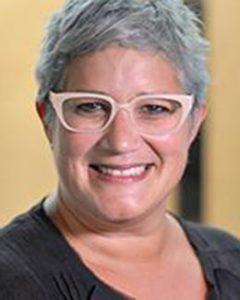FOCUS
Reimagine summer to accelerate learning
By Risa Sackman and Nancy Gannon
Categories: Collaboration, Improvement science/networks, Learning systems/planningJune 2023
Read the remaining content with membership access. Join or log in below to continue.
Sed ut perspiciatis unde omnis iste natus error sit voluptatem accusantium doloremque laudantium, totam rem aperiam, eaque ipsa quae ab illo inventore veritatis et quasi architecto beatae vitae dicta sunt explicabo. Nemo enim ipsam voluptatem quia voluptas sit aspernatur aut odit aut fugit, sed quia consequuntur magni dolores eos qui ratione voluptatem sequi nesciunt. Neque porro quisquam est, qui dolorem ipsum quia dolor sit amet, consectetur, adipisci velit, sed quia non numquam eius modi tempora incidunt ut labore et dolore magnam aliquam quaerat voluptatem.
References
Hill, P. (2020, April). What post-Katrina New Orleans can teach schools about addressing COVID learning losses. CRPE. crpe.org/what-post-katrina-new-orleans-can-teach-schools-about-addressing-covid-learning-losses/
North, A. (2021, April 23). The debate over how to handle kids’ “lost year” of learning. Vox. www.vox.com/22380650/school-remote-distance-learning-pandemic-covid-19
TNTP. (2018). The opportunity myth. Author. tntp.org/assets/documents/TNTP_The-Opportunity-Myth_Web.pdf
TNTP. (2021, May). Accelerate, don’t remediate. Author. tntp.org/assets/documents/TNTP_Accelerate_Dont_Remediate_FINAL.pdf
Categories: Collaboration, Improvement science/networks, Learning systems/planning
Recent Issues
LEARNING DESIGNS
February 2025
Read the remaining content with membership access. Join or log in below to...
BUILDING BRIDGES
December 2024
Read the remaining content with membership access. Join or log in below to...
CURRICULUM-BASED PROFESSIONAL LEARNING
October 2024
Read the remaining content with membership access. Join or log in below to...
LEARNING TO PIVOT
August 2024
Read the remaining content with membership access. Join or log in below to...














